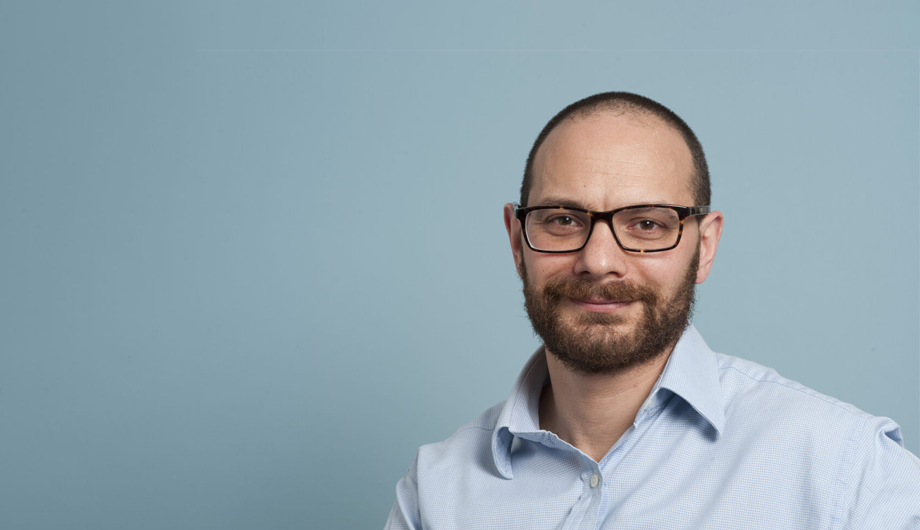Some GPs may have preconceptions about becoming a partner and rule it out for themselves without necessarily understanding how the role of a GP partner differs from a sessional GP. They may think that taking on a partnership would be too much of a burden without appreciating how in a modern partnership, being a partner can offer more flexible ways of working, career progression and developmental opportunities.
Buying-in
Often the biggest worry for a new partner relates to buying into the practice premises. Increasingly, practices are not owned by the partnership so this would not be required. For those that do own the practice, not all partnerships insist that all partners buy-in and for those that do the timeframe for this is often flexible. Once bought in, the loan should be serviced by the NHS rental income received for the practice.
Working hours
Another concern is the hours that are needed to commit to the practice. It is very common for partners, like sessional GPs to work less than full time, often taking on other roles to build a portfolio career. The right partnership, with an ethos that matches your own, is very supportive in enabling development of a portfolio career including offering a greater degree of flexibility around the practice commitment.
Learning leadership
Partnership offers a great opportunity to develop yourself as a system leader. The leadership model within practices is changing: some practices still operate the traditional model of having a senior partner who takes on the majority of the management duties and decision making but more practices are looking at alternative structures. This could either be sharing management duties equally amongst the partners with each taking areas of responsibility or having an executive partner, who takes on the day to day practice management but reports into the other partners who jointly make major practice decision, with the partners rotating who is in this executive roll every few years.
Supporting people interested in partnership
GP training gives you a good foundation in becoming an expert generalist and providing excellent clinical care. What it can’t do is provide you with the knowledge and skills to become a partner and develop a practice over the course of your career. At Londonwide LMCs we recognise what an amazing choice it can be to become a partner, so would encourage colleagues, who haven’t currently but would like to put down roots and commit long-term to a local population, to find out more. Speak to other partners in your area or consider undertaking training such as our Aspiring to partnership programme to better understand the role and whether it is the right choice for you.
Dr Elliott Singer is Londonwide LMCs’ Medical Director lead for the Aspiring to partnership programme and a GP partner in North East London.

